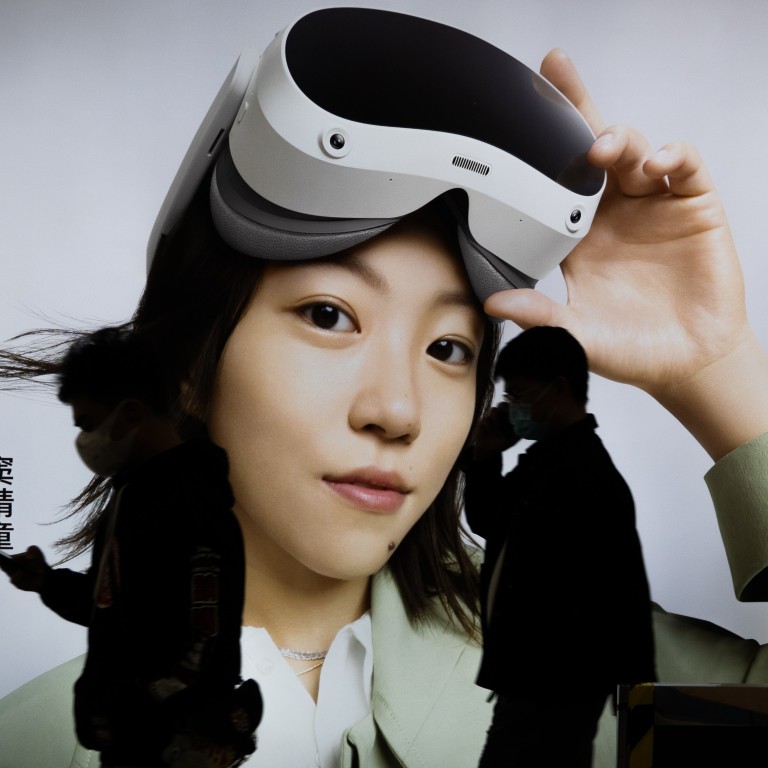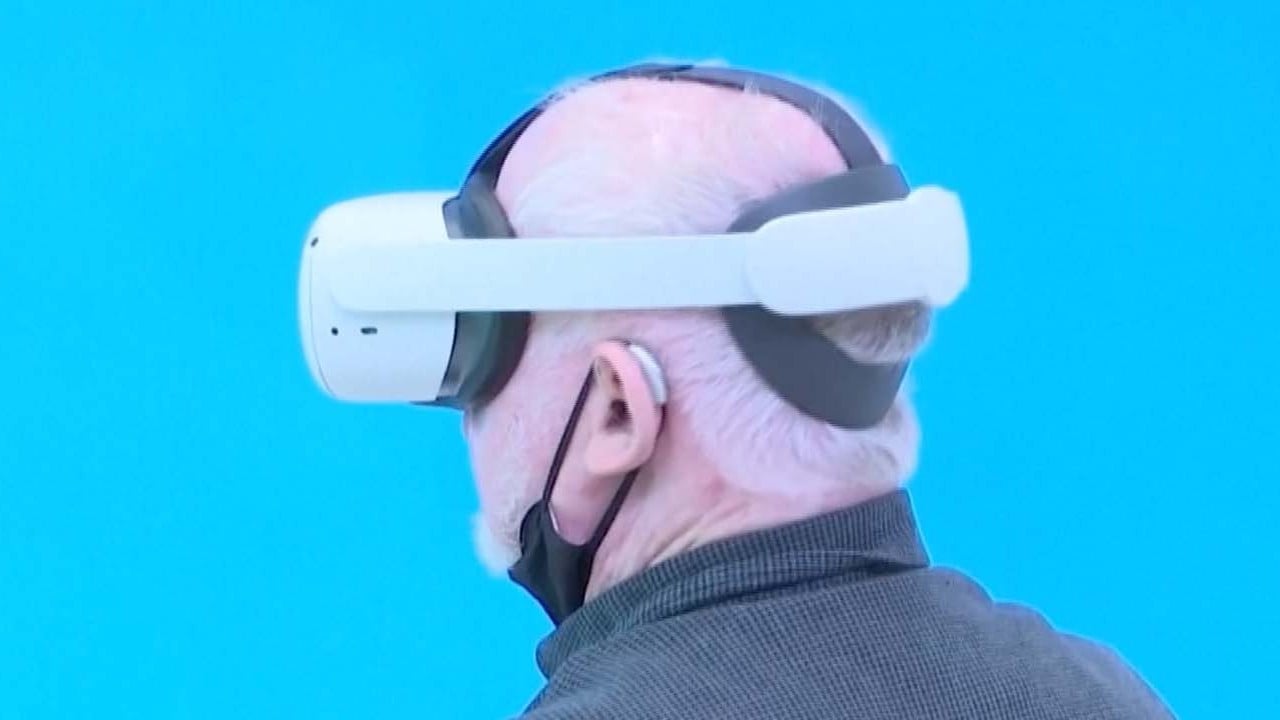
ByteDance’s Pico virtual reality unit is cutting hundreds of jobs after ramping up competition with Meta
- Some teams will see nearly a third of their staff cut in the latest round of lay-offs for the TikTok owner, people familiar with the matter said
- ByteDance acquired the headset maker in 2021 in a bet on VR and recently launched the Pico 4, which has compared favourably to Meta’s Quest 2
The job cuts could affect a substantial portion of Pico, with some teams trimmed by as much as 30 per cent, one of the people said. Some higher-level positions are affected, the other person said without going into specifics.
Most former employees will be compensated based on the number of years they have served plus one month’s salary, the first person said.
ByteDance did not immediately respond to a request for comment on Thursday.
Pico founder and president Henry Zhou told Chinese media last year that the firm expected to eventually sell more than 1 million units of the headset.
With a smaller global reach than Meta’s, Pico is currently selling in China, Japan, South Korea, Malaysia, Singapore and 13 European countries.
The company has not revealed sales or shipment numbers, but third-party analysis suggests it is gaining market share at the expense of Meta, whose share had fallen to 75 per cent in the third quarter of 2022 from 90 per cent at the beginning of the year. Meanwhile, Pico’s share tripled to about 15 per cent in the same period, according to market intelligence firm IDC.
Pico has not mentioned any plans for a launch in North America, where it has yet to sell its headsets, but it posted a job listing last year that included responsibilities for “sales and marketing of Pico’s overall product in the US consumer market”.
Still, experts do not expect Pico to overtake Meta any time soon.
ByteDance is just one of many global Big Tech firms that has been trying to cut costs through lay-offs in recent months. From Silicon Valley to Beijing, many of the biggest names in tech are cutting back in anticipation of a challenging economic environment.



